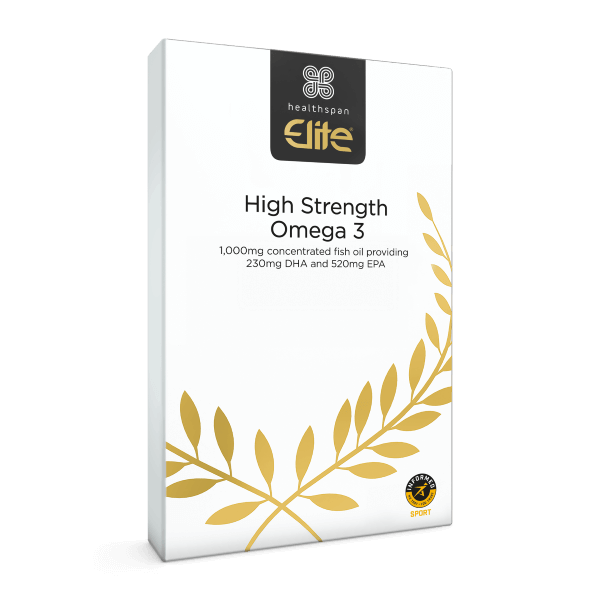Nutrient guide: Performance Nutritionist and author of The Plant-Based Cyclist, Nigel Mitchell, takes a closer look at the benefits of omega 3 for athletes.
Omega 3 fatty acids are vital for everyday health, but I want to use this article to turn the spotlight on omega 3 fats and their importance for supporting physical activity, sport and athletic performance.
Why are fats important?
We should start by reviewing our understanding of fats. Fats are one of the macronutrients; in other words, they provide the body with energy.
Fats are one of the main macronutrients, alongside protein and carbohydrate. Fats provide 9kcal of energy per gram, compared to 4kcal per gram for protein and 3.75kcal per gram for carbohydrate. Weight for weight, fat provides approximately twice as much energy as both carbohydrate and protein. For this reason, the body likes to store any excess energy as fat.
Essential fatty acids
There is a lot of misconception surrounding fat, both from a health and a performance perspective. The truth is that we need fat to live, and some fats – the 'essential' ones – can't be made in the body. Just as we have essential amino acids, we also have essential fatty acids (EFAs). The two primary EFAs are known as linoleic acid (omega 6) and alpha-linolenic acid (omega 3).
Our bodies reassemble these two EFAs to form every fat we require. I am interested in the omega 3 alpha-linolenic acid, which is particularly important as this fatty acid is a precursor for other fats, such as eicosapentaenoic (EPA) acid, an especially important omega 3 fat.
Not just for energy
We think of fat as adipose (stored energy), but fats are involved in every living cell, and are also key components of our hormones. In fact, the cell membrane is reliant on fats for its function, and the type of fats we eat can affect functioning of this cell membrane.
From a dietary point of view, seafood, in particular oily fish, is the main source of EPA omega 3. The fish do not actually synthesise the omega 3 fats; they obtain them from eating marine microflora. So, omega 3 fats are actually made by plants.

Elite High Strength Omega 3 1,000mg
1,000mg Fish Oil Concentrate with increased levels omega 3 fatty acids, providing 230mg DHA and 520mg EPA
- 230mg DHA and 520mg EPA per capsule
- Supports brain, heart and eye health
- Highly distilled and sustainably sourced
Omega 3 benefits for athletes
I first became interested in the use of omega 3 fats with athletes in the early 2000s, and this was due to research showing the use of an omega 3 supplement having a reduction on the effect of exercise-induced asthma.1 This is a common problem with endurance athletes. The impact was effective, and it is now a core part of nutritional support for elite and professional cyclists.
The fatty acid docosahexaenoic acid (DHA) is an important structural component of the brain, and it has been suggested that it could play a role in the recovery from brain injury such as concussion.2 The use of omega 3 fats has been linked with enhanced muscle recovery3 and protein synthesis.4
Omega 3 foods and supplements
The big question is really how much omega 3 is required, and the role of food versus supplements. Many nutritionists recommend about 1-2g/day of omega 3 fats, with an aim of achieving about 1g of EPA. Eating oily fish regularly can achieve this, but many people do not eat enough fish.
Vegetable sources of omega 3 include seeds (in particular, Flax and Chia), and nuts. When I am working with a vegetarian or plant-based athlete, I always pay particular attention to their omega 3 intake; due to the lack of fish in their diets they may be susceptible to insufficient levels.5
Healthspan Elite has produced a batch-tested, Informed Sport-accredited vegan omega 3 supplement that supplies both DHA and EPA, derived from the origin food source: marine microflora. This product has been designed to support the needs of plant-based athletes, but there are many omnivorous athletes that may choose to take this product.










